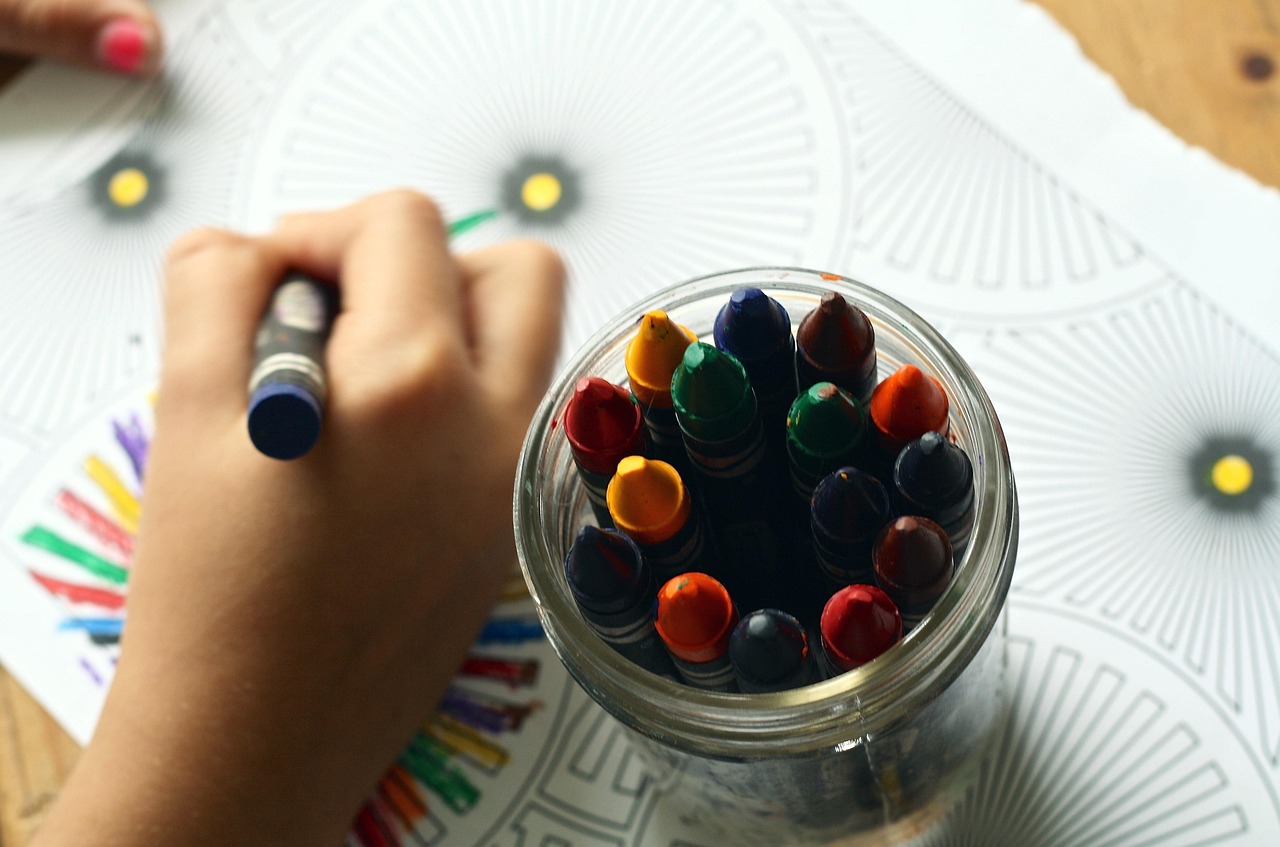Parenting is a journey filled with joy, challenges, and constant learning. As children grow and the world evolves, the skills and knowledge required to be an effective parent are constantly changing. Parent learning, the ongoing process of acquiring and refining parenting skills, is no longer a luxury, but a necessity for raising well-adjusted, successful children in today’s complex world. This article explores the importance of parent learning, different approaches to acquiring new skills, and practical tips for implementing effective strategies within your family.
Why Parent Learning Matters
The Evolving Landscape of Childhood
Today’s children face different challenges than previous generations. Technology, social media, and rapidly changing social norms require parents to be equipped with new skills and understandings.
- Technology Navigation: Understanding and guiding children through the digital world, including online safety and responsible social media usage.
- Mental Health Awareness: Recognizing and addressing the increasing rates of anxiety and depression in children and adolescents.
- Diversity and Inclusion: Fostering open-mindedness and acceptance of different cultures, backgrounds, and identities.
Benefits of Continuous Parent Education
Investing in parent learning offers numerous benefits for both parents and children.
- Improved Parent-Child Relationship: Better communication, increased empathy, and stronger bonds.
- Enhanced Child Development: Positive impact on children’s emotional, social, and cognitive development.
- Effective Discipline Strategies: Moving away from punitive methods towards positive and constructive discipline techniques.
- Increased Parental Confidence: Feeling more capable and competent in handling parenting challenges.
Approaches to Parent Learning
Formal Parent Education Programs
Structured programs offered by schools, community centers, and online platforms can provide in-depth knowledge and practical skills.
- Parenting Classes: Covering topics such as child development, communication skills, and conflict resolution. Many hospitals offer these after childbirth.
- Workshops and Seminars: Focusing on specific parenting challenges, such as managing tantrums or dealing with bullying. Look for workshops led by qualified psychologists or child development specialists.
- Online Courses and Webinars: Offering flexibility and convenience for busy parents. Consider platforms like Coursera or Udemy for accredited courses.
Informal Learning and Self-Education
There are many less structured ways to improve your parenting skills, often through readily available resources.
- Books and Articles: Reading expert advice on child psychology, parenting styles, and specific developmental stages. Look for books by authors like Dr. Laura Markham or Dr. Daniel Siegel.
- Podcasts and Blogs: Staying updated on the latest research and trends in parenting through audio and written content. Popular podcasts include “Respectful Parenting: Janet Lansbury Unruffled” and “The Psychology Podcast.”
- Support Groups and Networks: Connecting with other parents to share experiences, learn from each other, and build a supportive community. Online forums and local parent groups are great resources.
Key Areas of Focus in Parent Learning
Effective Communication Skills
Learning how to communicate effectively with your children is crucial for building trust and understanding.
- Active Listening: Paying attention to your child’s words and emotions without interrupting or judging. Try reflecting back what you hear them saying: “It sounds like you’re feeling frustrated because…”.
- Using “I” Statements: Expressing your feelings and needs without blaming your child. For example, instead of saying “You’re making me angry,” say “I feel frustrated when I have to ask you multiple times to clean your room.”
- Nonverbal Communication: Being aware of your body language, tone of voice, and facial expressions. Maintain eye contact and use a calm, reassuring tone.
Positive Discipline Techniques
Moving away from punishment-based discipline towards positive reinforcement and guidance.
- Setting Clear Expectations: Establishing clear rules and boundaries with your children. Involve them in creating the rules so they understand and feel ownership.
- Using Positive Reinforcement: Praising and rewarding desired behaviors to encourage repetition. Give specific praise like “I noticed you helped your sibling without being asked, that was very kind!”
- Natural and Logical Consequences: Allowing children to experience the natural consequences of their actions or implementing logical consequences that are related to the behavior. For example, if a child spills juice, they clean it up.
Understanding Child Development
Gaining knowledge about the different stages of child development can help you understand your child’s behavior and needs.
- Cognitive Development: Learning about how children’s thinking and problem-solving skills develop.
- Emotional Development: Understanding how children learn to manage their emotions and develop empathy.
- Social Development: Knowing how children learn to interact with others and build relationships.
Example: Understanding that toddlers go through a phase of asserting their independence (the “terrible twos”) can help you respond with patience and understanding rather than frustration.
Implementing Parent Learning in Everyday Life
Creating a Supportive Home Environment
Fostering a positive and nurturing environment where children feel safe, loved, and supported.
- Establishing Family Routines: Creating consistent routines for meals, bedtime, and homework can provide structure and predictability.
- Spending Quality Time Together: Engaging in activities that promote bonding and connection, such as family game nights or outdoor adventures.
- Practicing Self-Care: Taking care of your own physical and mental health so you can be a more effective parent. This could involve exercise, meditation, or spending time with friends.
Adapting to Your Child’s Individual Needs
Recognizing that each child is unique and tailoring your parenting approach to their specific needs and personality.
- Identifying Your Child’s Strengths and Weaknesses: Understanding your child’s individual talents and areas where they may need extra support.
- Communicating Effectively: Adjusting your communication style to match your child’s personality and learning style. Some children respond well to direct instructions, while others need more explanation and encouragement.
- Seeking Professional Help When Needed: Not being afraid to seek guidance from therapists, counselors, or other professionals when facing significant parenting challenges.
Conclusion
Parent learning is an ongoing investment that yields significant returns in the form of stronger family relationships, healthier child development, and increased parental confidence. By embracing continuous learning, parents can navigate the complexities of raising children in today’s world and empower their children to thrive. Make a commitment to lifelong learning and become the best parent you can be.




